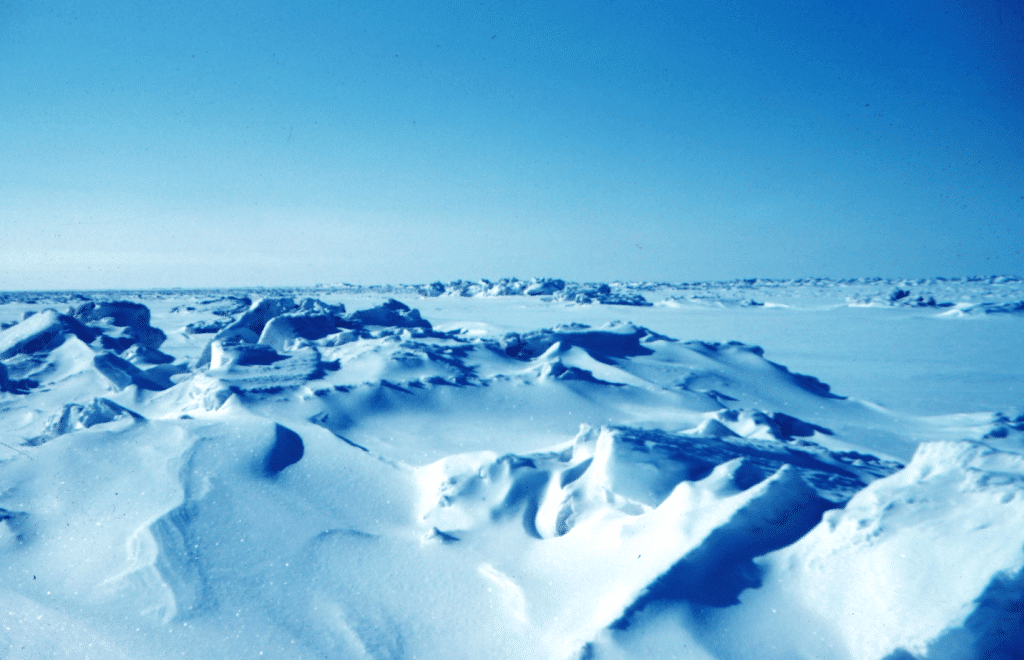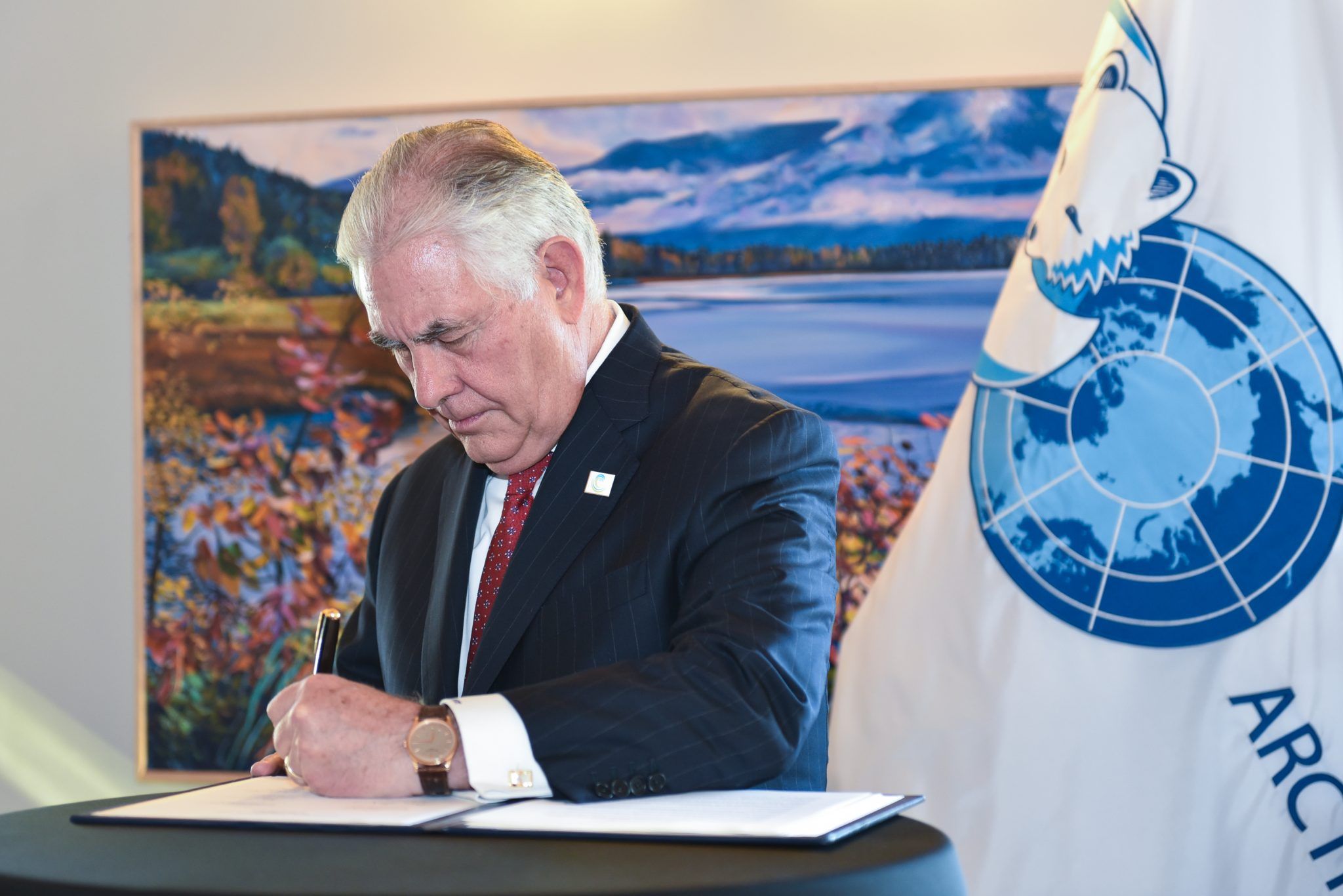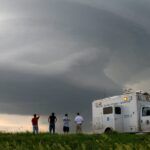The Trump administration and the art of talking about climate change without using the term
By Matt Field | May 3, 2019
 Ice ridges in the Beaufort Sea. Credit: NOAA via Wikimedia Commons.
Ice ridges in the Beaufort Sea. Credit: NOAA via Wikimedia Commons.
The Trump administration is making another attempt at stripping the term “climate change” from an official governmental pronouncement. This time the administration is pushing the Arctic Council, an intergovernmental body, to take the term out of the declaration that Secretary of State Mike Pompeo and the other representatives of the eight-country council will endorse when they meet next week in Finland.
The Washington Post reported Thursday that the council was debating over the term, with the United States, until recently, refusing to green light a declaration that discussed climate change while the other members of the council refused to endorse one that avoided the term.
Although not legally binding, the proposed statement, diplomats told the Post, “could be read as a collective commitment to address the effects of climate change in the Arctic.” The US stance seemed to be easing, according to the paper, and the statement may end up including a “robust” or “substantive” discussion of how climate change is impacting the Arctic—without using the phrase “climate change.”
Not only is the administration seemingly trying to pull off an act of contortion by talking about climate change without mentioning it; it’s also running from its own previous position on the matter. When the Arctic Council got together for a ministerial meeting in 2017, the group’s statement used the words “climate change” nine times. A photo on Page 1 of the Fairbanks Declaration depicts a smiling Rex Tillerson, Pompeo’s predecessor and former ExxonMobile CEO, posing with his fellow council representatives.

The administration already has a template for how to talk about climate change in the Arctic while completely avoiding the phrase. The US Coast Coast Guard released a 48-page Arctic strategy document last month that went into considerable detail about the “dramatic changes in the physical environment of the Arctic” as well as some of the impacts of those changes.
Some of those details? The extent of Arctic sea ice is shrinking. The last 12 summers have seen Arctic sea ice shrink to the lowest recorded summer minimums of ice extent. In 2018, the sea ice was “younger and thinner” than in the past. The retreating sea ice is opening up the Arctic to oil drilling, mining, tourism, and shipping. But with Arctic communities like native Alaskans and other indigenous people facing more frequent and intense winter storms and shifting food sources, the increased accessibility of the Arctic will “create complex challenges to community resilience and health.”
Indeed, the Arctic and how climate change is affecting it are hot topics. In 2018, China, no part of which is in the Arctic, declared it wanted a so-called “Polar Silk Road” to link the country with Europe. And the facts on the ground in the Arctic appear to be changing rapidly. Since 2013, according to the US Coast Guard document, China has conducted six Arctic expeditions, Russia has built six military bases, a 1,700-passenger cruise ship transited the Northwest Passage, and 10 million tons of goods have been ferried across the Northern Sea Route.
There’s a lot to talk about when it comes to climate change and the Arctic, it seems, even without mentioning the term.
Publication Name: The Washington Post
To read what we're reading, click here
Together, we make the world safer.
The Bulletin elevates expert voices above the noise. But as an independent nonprofit organization, our operations depend on the support of readers like you. Help us continue to deliver quality journalism that holds leaders accountable. Your support of our work at any level is important. In return, we promise our coverage will be understandable, influential, vigilant, solution-oriented, and fair-minded. Together we can make a difference.
Keywords: Arctic, Arctic Council, China, Mike Pompeo, Rex Tillerson, Russia, US Coast Guard
Topics: Climate Change, What We’re Reading














